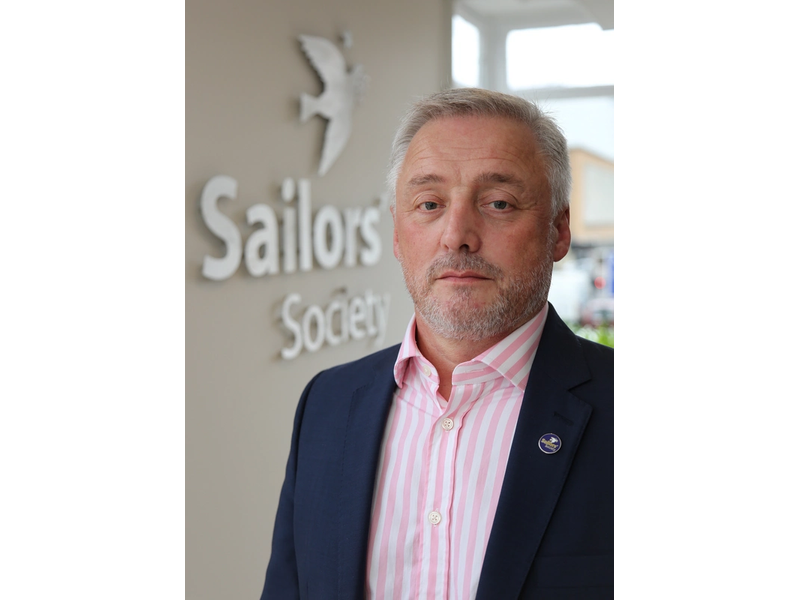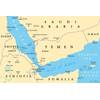Pirate Attacks Still a Major Concern -Sailors’ Society

Global piracy continues to be a concern in the Gulf of Guinea, Southeast Asia and Venezuela, according to statistics released yesterday by the International Chamber of Commerce’s International Maritime Bureau (IMB).
In the first nine months of 2017, 121 incidents of piracy and armed robbery against ships were reported, including 92 vessels boarded with five hijackings, 11 attempted attacks and 13 vessels fired upon.
While this is a decrease compared to statistics from the same period in 2016, the report shows that attacks in the Gulf of Guinea and Southeast Asia are still an issue and there has been a rise in attacks off the coast of Venezuela. The statistics don’t take into account unreported incidents.
International maritime charity Sailors’ Society has set up three crisis response networks in Africa, Asia and Europe to support survivors of piracy attacks and crises at sea.
Its CEO Stuart Rivers said, “The fear of piracy is a massive issue for seafarers. While we are encouraged that incidents of piracy are generally decreasing, piracy is a still a major concern and any incident is one too many.
“Survivors of piracy and kidnappings are exposed to violence and terror, which can have a devastating impact on them and their families for years to come.
“By coming alongside these survivors and their families, we can work with other agencies to help them come to terms with what has happened and give them financial, physical and psychological support to help them pick up the pieces of their lives.”
In the last year, the charity has supported crew members from the Naham 3, who were released last year after being held hostage by Somali pirates for almost five years.
In the aftermath of his release, Adi Manurung received help from Sailors’ Society chaplains, including financial support, accompanying him on visits to the psychiatrist and providing counselling for him and his family to help him reintegrate into his community.
Adi said he and his colleagues ate mice and wild cats during their captivity.
“I thought that I would die,” he said.
“There was no hope.”
Related News


